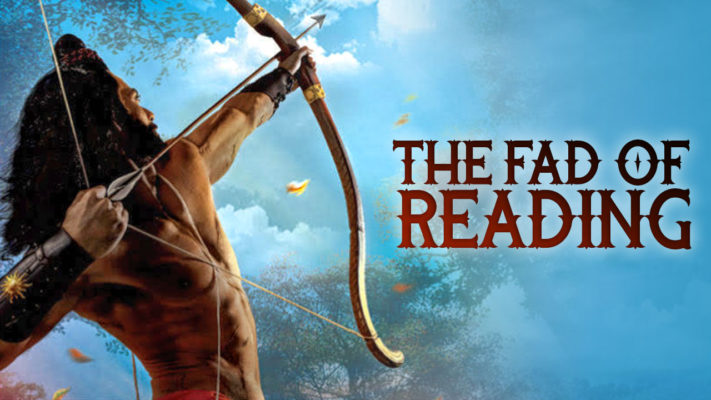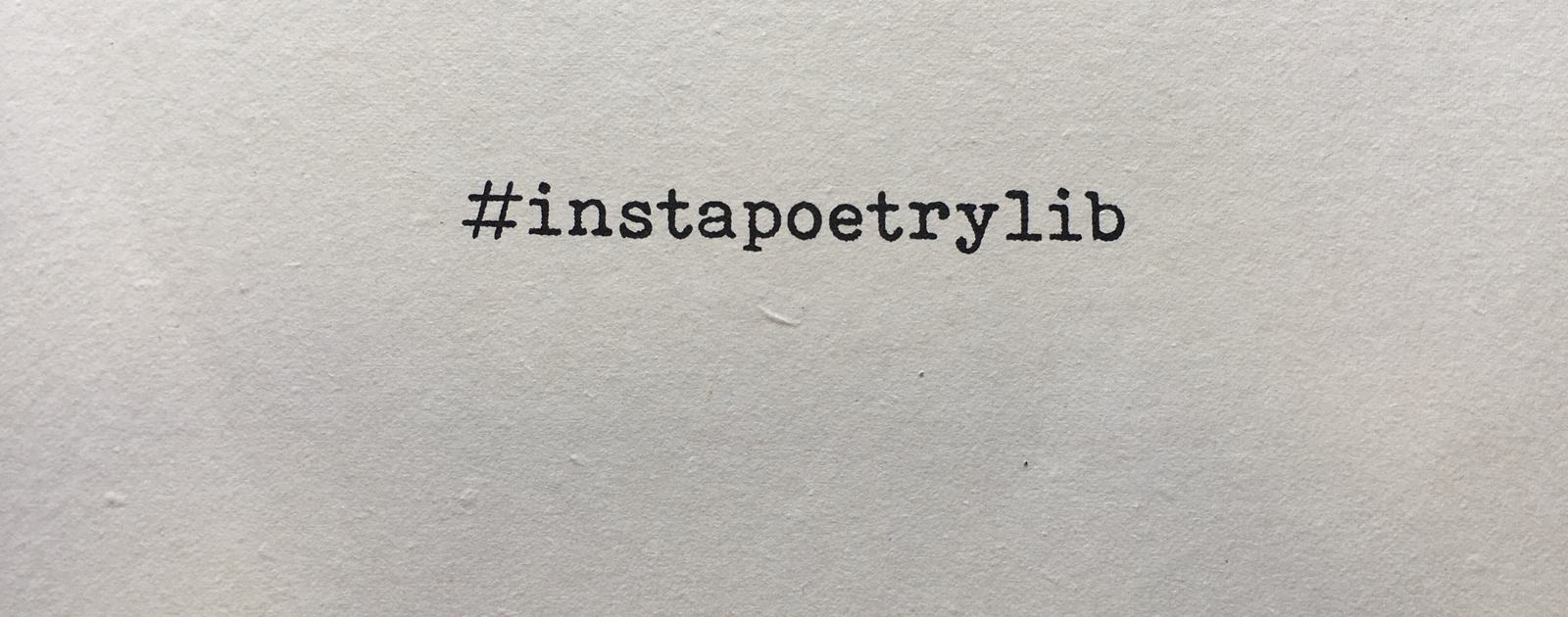
Insta Literature For You
It has been rampant for daily social media users to stumble upon poetry and short stories, some of the creators of these posts have also been renowned for creating quite a star-studded aura around them. Like two peas in a pod, the all-pervading question whether readership would solely survive and proliferate via these social media channels makes headlines during the Poetry Month and slowly loses momentum once the fuss regarding poetry is gone. The Internet has always served a pivotal role in making poetry and quotes available to the somewhat young and reluctant readers who are only willing to divulge in words if they are served in a glamorous platter. To blatantly criticise such a phenomenon would be somewhat orthodox and parochial, but however, the assertive question still nudges, “is it helping India’s readership rate?”
Jumping on the bandwagon has not been easy for many. Instagram has become the platform for promoting hand-made lipsticks to briskly written lines doing the rounds as poetry. Notable personalities who have emerged out of this trends are Rupi Kaur, verses apparently bordering on motivation and women empowerment, Nikita Gill ‘a twenty-something old forest’. If we consider their rate and success, we would be able to deduce that it has occurred over a rather short space of time, the lines nibbling young readers. So what changed the entire way of poetry consumption?
What The Readers Want?
My motive here is to ramble about the rather pretentious way of poetry dispersion and circulation amongst the readers, can it be truly named as poetry reading? I have observed the fad of the new birth of poetry catering to the visual pleasure of the readers, the lines short and hasty ending and somewhat gaudy words. One can trace a slight inclination towards the principles of modern poetry, incoherent syntax and juxtaposition of images. The question that remains is, how far can these ‘poets’ of the millennial be justified.
With an army of million followers, these insta poets depend on the urge for instant gratification of readers, who tend to concretize from the shallow three-line poems, with meanings transitory in nature, at times making daring commentaries on patriarchy, feminism, sex, heartbreaks, modern relationships, flings, lust and “wanderlust”. In a nutshell, to conclude, insta poetry has reached that section of the population who would rather scroll through their phones and claim them a literary enthusiast, rather than reading a book. Why? For the very simple reason, insta poetries are short, do not require one’s knowledge of literary devices, come in attractive fonts, confessional in tone. Let’s agree that we all like easy-peasy, well-draped products coming cheap!

Readership today is more centred around the generation’s craving for minimal language and colourful graphics, which looks pleasant on profiles. Imagine sharing a complete sonnet by Sir Walter Ralegh, in its most typical manner, how many readers do you think the post would attract? On the contrary, insta poems that come goaded with conversational languages shimmering on good-looking backgrounds are a sure deal. The collective voices brought into the poems by these poets strike a chord amongst many. These poems appeal to readers are finicky, addicted to social media, letting queer arrangement of words parading as poetry. This trend is not merely apparent in India but is slowly gaining importance of massive proportion pan-world, letting themselves getting cloaked by the grease.
Brace For The Final Adieu
Poetry writing has also paved the way for three to five line short stories making the social media a haven for aspiring writers. The desire is fuelled by prompt popularity and readership, the lines mediating between jibber-jabber and depthless. We are turning into casual readers more willing to scroll than leaf through. What is slipping away from our grasp is the time and patience to read, to indulge and ponder on the lines with a cuppa.
It is more about an excited bunch of people eager to frame confessional or personal bio like lines, parading as poets and writers, proliferating each day. It won’t be very pretentious to claim that these posts rather leave a very wrong idea about poetry and verses within the naïve lot. The phenomenon is not just rendering poetry to the multitude sans dignity and reverence but steering the society in a snail-like manner towards the death and defeat of literature in its quintessential form.















